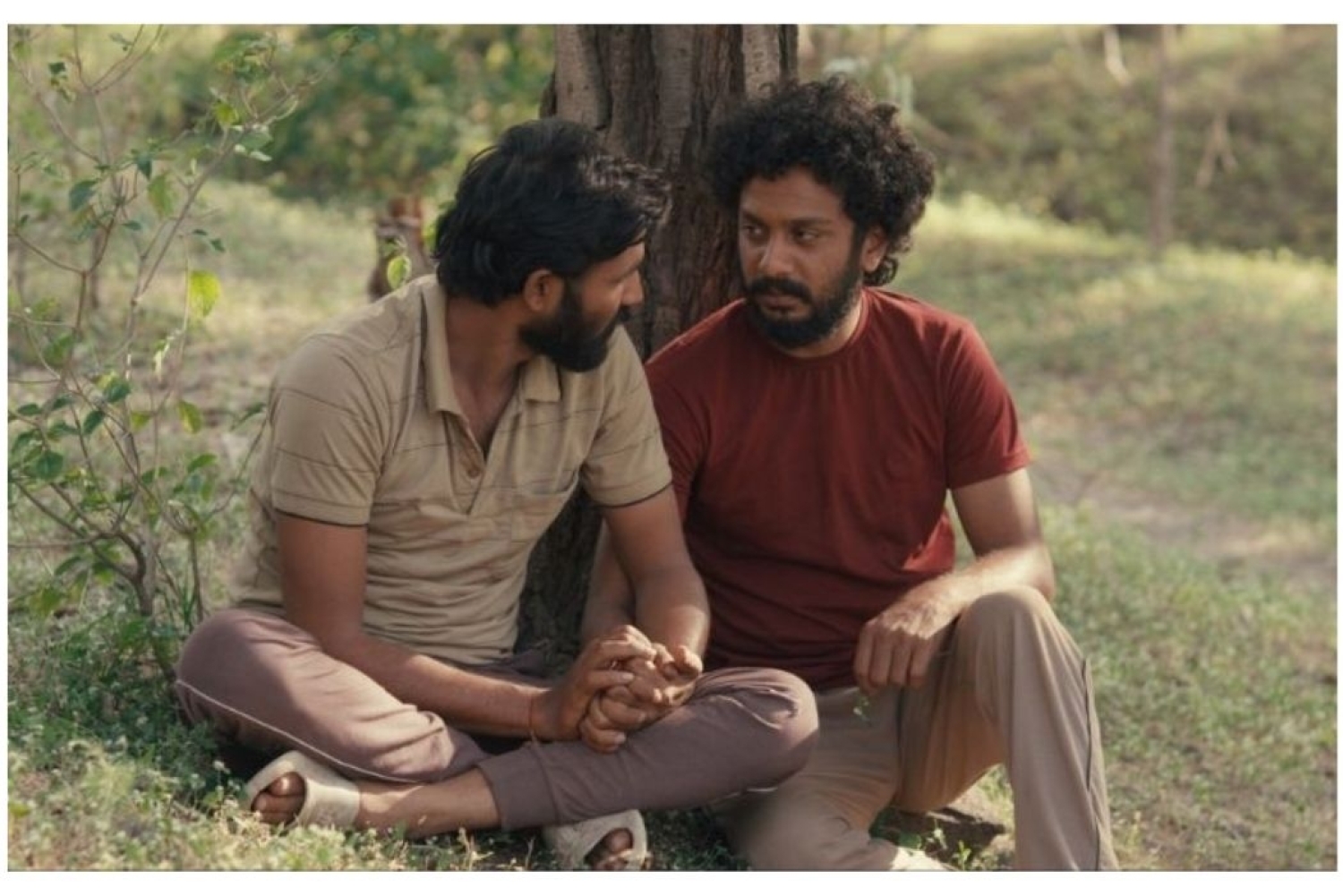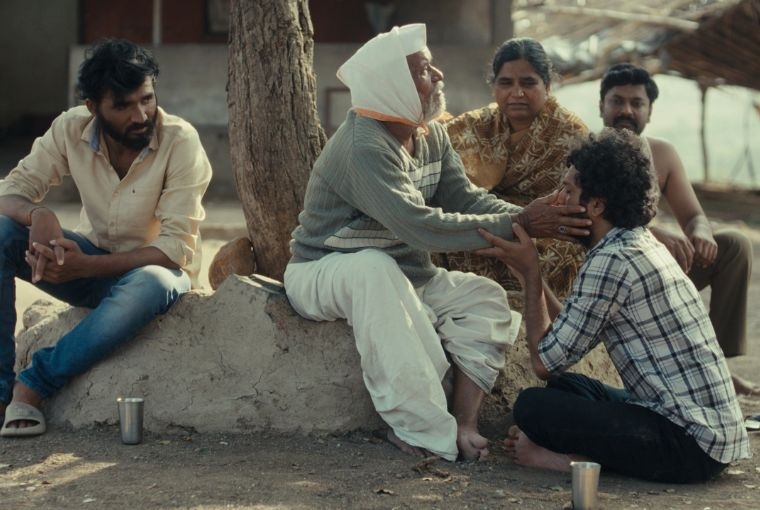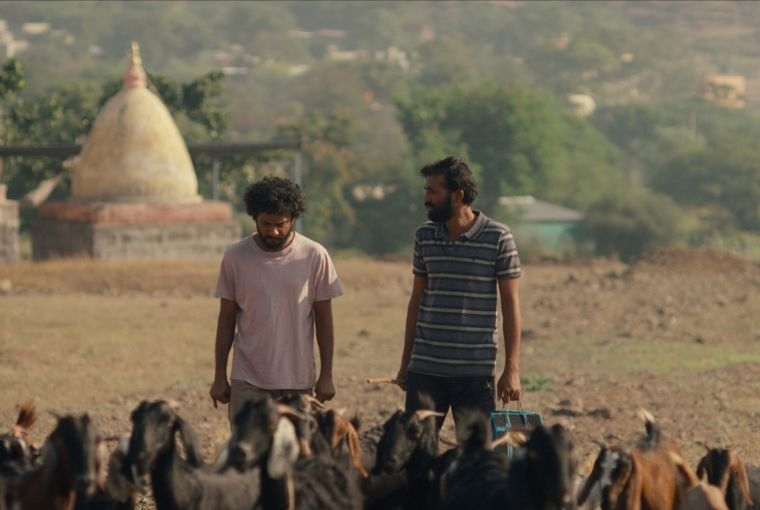

Rohan Kanawade’s Sabar Bonda made history as the first Indian fiction feature to win the Grand Jury Prize, the highest honor at the Sundance Film Festival. Releasing this weekend, the film is now backed by an eminent slate of Executive Producers, including Nagraj Manjule, Nikkhil Advani, Saie Tamhankar and Vikramaditya Motwane.
Kanawade showcases a unique narrative that bridges rural and urban experiences, offering a fresh perspective on queer lives in India. The film shows the power of authentic storytelling and the resilience of independent filmmakers. In a detailed conversation, director Rohan Kanawade shared his motivations, challenges, and aspirations for the film.
The Director's Vision
Rohan Kanawade's inspiration for Sabar Bonda (Cactus Pears) is deeply personal. The story germinated from his experience of mourning his father in 2016 for which he had to go back to his village. 'Strangers would ask why I wasn't married, which was suffocating,' Kanawade recalls. Avoiding the village for years, he had to face these questions during the mourning period. This experience, filled with societal pressures and personal grief, formed the foundation of the film. Kanawade wanted to change his narrative through storytelling. 'I thought, what if I had a friend in the village who knew about me?' This fictional escape from his reality inspired the film's central relationship. The story juxtaposes the struggles of a rural man with those of an urban man, highlighting their shared challenges despite different backgrounds.

Addressing Loneliness and Optimism
Kanawade aimed to break the common trope of loneliness in queer narratives. 'Most queer stories only showcase loneliness. I wanted to show optimism,' he explains. His own experience of immediate acceptance by his uneducated parents contradicted the usual narrative of struggle for acceptance. Through his film, Kanawade wanted to portray this positive aspect, providing a counter-narrative to the often-tragic queer stories.
Challenges in Producing Independent Queer Films
The production of Sabar Bonda was fraught with challenges. From finding funding to shooting in a remote village with no cell phone reception, every step was a test of perseverance. The film's realism required non-professional actors and a specific aesthetic, making it difficult to attract initial support. 'We wanted to achieve a simplicity that made the story transparent and realistic,' Kanawade emphasizes. Despite these hurdles, the dedication of the team and support from the queer community brought the project to fruition. 'Some queer community members funded us, which was crucial,' Kanawade notes.

An Intimate Story That Resonates Universally
Drawing from his personal experiences, Rohan reimagines a period of his life in Sabar Bonda (Cactus Pears) by filming in his mother’s hometown, the very place where these emotions originated. This choice results in a poetic and profound film that is both intimately personal and universally resonant.
Why Rohan’s Story Matters
Rohan’s ascent to Sundance is not just a milestone for Marathi cinema, but an inspiration to dreamers everywhere. From modest beginnings to creating a film recognized on the world stage, his story showcases the power of passion and perseverance.
Sabar Bonda (Cactus Pears) emerged from a shared vision, a vibrant blend of voices and perspectives that underline the power of collaboration. Each contributor, representing different parts of the world, played a part in shaping this remarkable film. The journey behind its making stands as a testament to the magic that happens when vision, heart, and cooperation come together.
Words Paridhi Badgotri
Date 18-09-2025